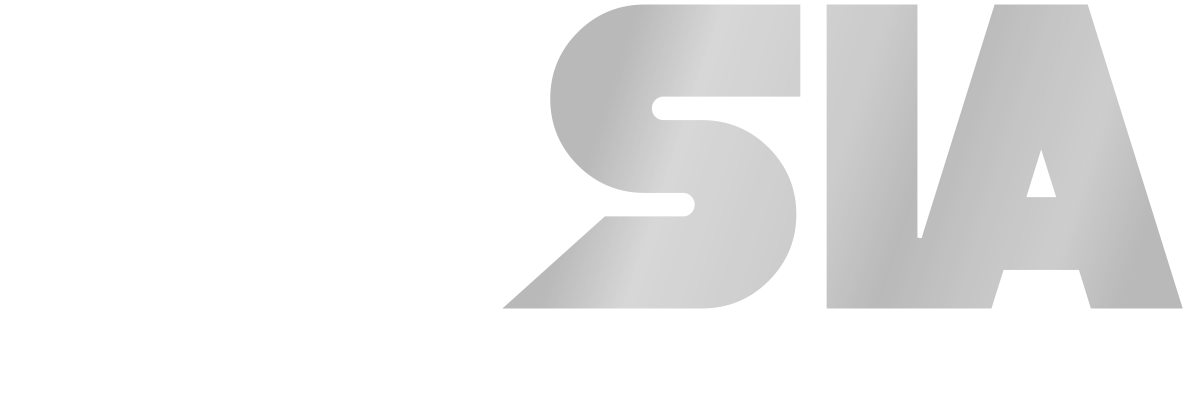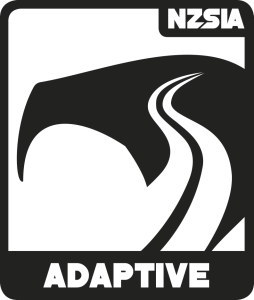Paralympic Winter Sports
Alpine Skiing
Alpine skiing in the Winter Paralympics includes events such as Downhill, Super-G, Giant Slalom, Slalom, and Super Combined. Athletes compete in categories based on their functional ability, including standing, sitting (using sit-skis), and visually impaired (with sighted guides).

Biathlon
This sport combines cross-country skiing and rifle shooting. Athletes with physical and visual impairments compete in different classes. Visually impaired athletes are guided by sound signals to aim at the targets.
Cross-Country Skiing
Cross-country skiing events range from short sprints to longer distances. Athletes compete in standing, sitting, and visually impaired categories, with sit-ski equipment used by those with lower limb impairments.
Sled Hockey
Paralympic ice hockey, also known as sled hockey or sledge hockey, is played by athletes with lower body impairments. Players use specially designed sledges and two sticks, both for pushing and handling the puck.
Snowboarding
Snowboard was added to the Paralympic program in 2014. It includes events such as Snowboard Cross and Banked Slalom. Athletes with physical impairments affecting one or both legs compete in these high-adrenaline races.
Wheelchair Curling
Wheelchair curling is open to athletes with a physical impairment in the lower half of their body. Teams of mixed gender compete in matches similar to Olympic curling but without sweeping, which requires a different strategy and skill set.
Each of these sports has specific classifications to ensure fair competition among athletes with different types and levels of impairments. The inclusion of these sports highlights the versatility and competitive spirit of Paralympic athletes, showcasing their incredible skills and dedication.

